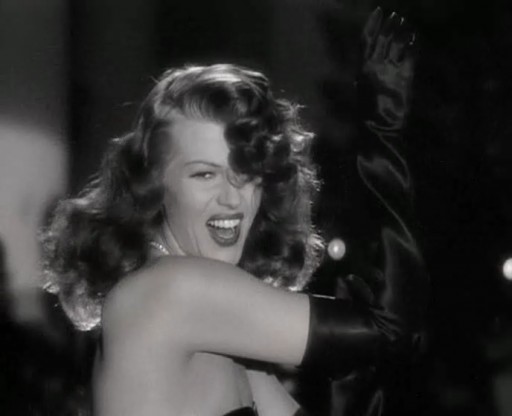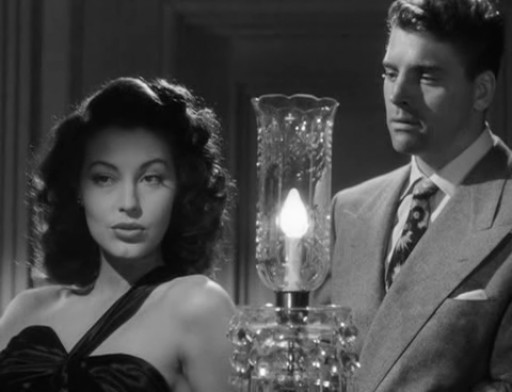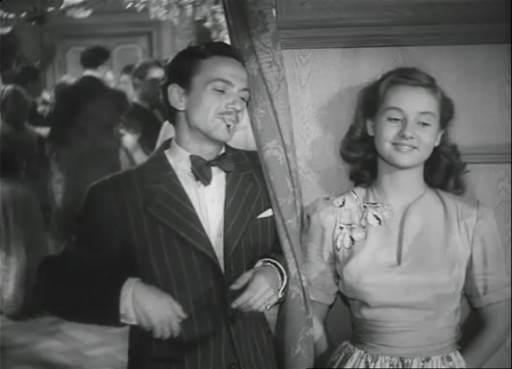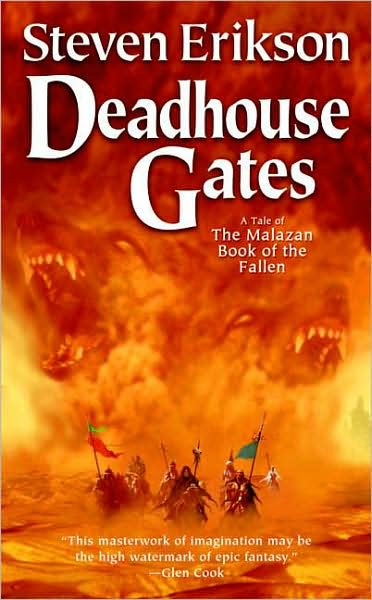
The Blue Dahlia (1946, USA, Marshall) – Alan Ladd comes home from the war and discovers that his wife has turned into a shrewish, child-killing femme fatale, a common occurence in those days, judging from what I’ve seen so far. Also, his friend has gone mad from war trauma. And it’s raining. Watched it all.
The Mask of Diijon (1946, USA, Landers) – A former illusionist is being a complete asshole to everyone he knows because he wants to “get in touch with the infinite”. I believe meditation or drugs is the generally recommended approach. Watched: 12 minutes.
The Kid from Brooklyn (1946, USA, McLeod) – Opens with an army of pretty girls singing about how much they just love to milk cows. What could they mean? Watched: 9 minutes.
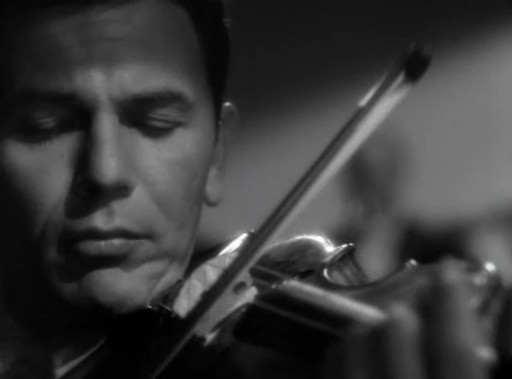
Humoresque (1946, USA, Negulesco) – Virtouso violinist John Garfield enters into a complex relationship with Joan Crawford, a troubled New York aristocrat. His mother doesn’t approve, and I don’t either. There’s no reason not to go with the nice girl in this one. Watched it all. Lots of good music.
Two Years Before the Mast (1946, USA, Farrow) – The captain of the Pilgrim is a real meanie, who works his crew to death and sends out press gangs to find replacements. But if you ask me, the real problem is the exploitation inherent in the capitalist system of production. Watched: 15 minutes.
91:an Karlsson (1946, Sweden, Bolander) – The Swedish officer corps is full of fat and jolly old men. Staying out of the war by cosying up to Nazi Germany clearly has its benefits. Watched: 7 minutes.


